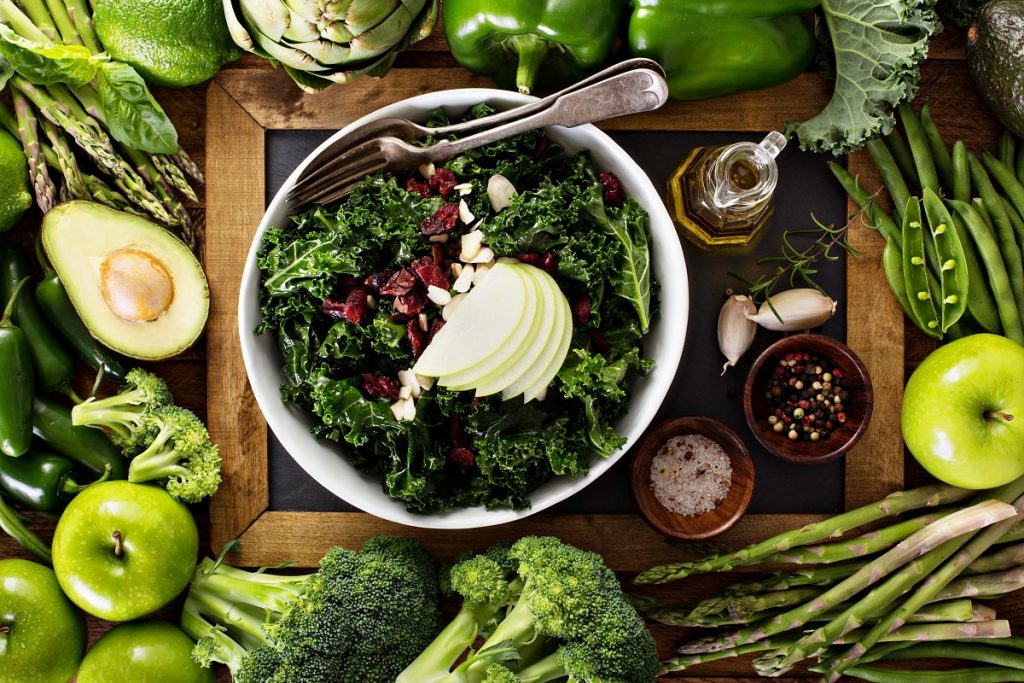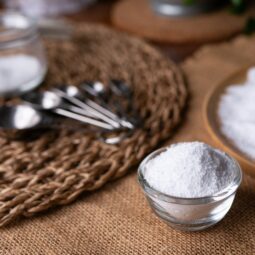
Inflammation has been linked to several chronic health conditions, including arthritis and heart disease. Fortunately, you can help combat inflammation with the foods you put on your plate. Our partners at Basics Market have tips to building an anti-inflammatory diet, which include:
- Eating antioxidant-rich, whole foods
- Emphasizing inflammation-fighting omega-3 fatty acids
- Eating balanced meals to stabilize blood sugar
- Incorporating fresh herbs and spices
- Choosing foods that aid digestion
Five foods that fight inflammation:
Dark leafy greens: kale, collards and broccoli are chock full of antioxidants, minerals, and vitamins such as C, K and folate. Pair them with a healthy fat to maximize nutrient absorption.
Fatty cold-water fish: fish is one of the best sources of omega-3 fatty acids. Canned salmon, sardines and tuna offer plenty of satisfying protein and healthy fat with minimal preparation. They’re also packed with vitamins D, B12 and iron – and when consumed with the bones, they provide calcium, as well.
Chia seeds: these tiny seeds provide a simple way to increase your intake of omega-3 fats, antioxidants and minerals. With 6 grams of protein and 10 grams of fiber in a 2-tablespoon serving, a sprinkle of chia seeds can help balance your meals – and your blood sugar. Store seeds in the fridge or freezer for maximum freshness.
Turmeric: this bright golden spice, common in curry dishes, has potent antioxidant and anti-inflammatory properties. Curcumin, the main active component of turmeric, has been linked to boosting brain function and easing joint pain.
Cultured foods: yogurt, kefir, kimchi, sauerkraut, tempeh and miso are all cultured foods. The culturing process creates probiotics (good bacteria) that support digestion, immunity and healthy microbiome.


